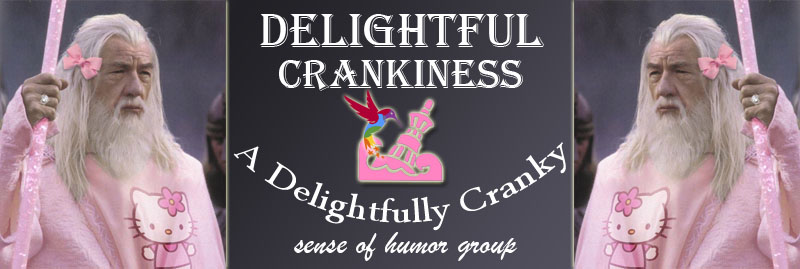¿A Brain?

There's an age-old adage that says: "You are what you think". This phrase may seem simplistic, but it carries a powerful message that thoughts eventually create your reality. What we think, we become, and our thoughts shape our experiences and outcomes in life.
However, all our experiences, all our perceptions, sensations, dreams, thoughts and feelings are forms appearing in consciousness. But it doesn't always seem that way.
When we see a tree it seems as if we are seeing the tree directly. But science tells us something completely different is happening. Light entering the eye triggers chemical reactions in the retina. These produce electro-chemical impulses which travel along nerve fibers to the brain. The brain analyses the data it receives and then creates its own picture of what is out there. We then have the experience of seeing a tree.
But what we are actually experiencing is not the tree itself, only the image that appears in the mind. This is true of everything we experience. Everything we know, perceive and imagine, every color, sound, sensation, every thought and every feeling, is a form appearing in the mind. It is all an in-forming of consciousness.
“I regard consciousness as fundamental. I regard matter as derivative from consciousness. We cannot get behind consciousness. Everything that we talk about, everything that we regard as existing, postulates consciousness.”
— Max Planck, 1931
Physics, at its heart, is an elaborate set of mathematical models designed to link various concepts that seem to exist externally, to allow us to predict our own experiences.
Consciousness isn’t something that happens within reality. It is integral to the very fabric of reality. In fact, it might be more accurate to say that reality happens within consciousness than something that happens within reality. This shift has profound implications for our understanding of ourselves and our place in the universe.
By instance, the Vedantic philosophers of ancient India spoke of this confusion as Māyā. Often translated as "illusion" (a false perception of the world), Māyā is better interpreted as "delusion" (a false belief about the world). We suffer a delusion when we believe the images in our minds are the external world. We deceive ourselves when we think that the tree we see is the tree itself.
«The quality to understanding something»
«Consciousness vs. Awareness»
The terms "consciousness and awareness" are being abundantly used in our daily life, especially in the religious, spiritual and psychological domains. Some of us may even use the two terms interchangeably either because the two terms are related to each other someway or because the actual difference between them may not be thoroughly known.
Consciousness:
When we use the term consciousness we bring together our brain, the knowledge stored in our memory. The thought process, various feelings, emotions, sensations, our opinions, conclusions, beliefs, dogmas, anxieties, desires, fears, jealousy, anger, affection, attachments, hatred, rivalry and many other things that we may exhibit or come across in our daily life. Consciousness means the whole lot of it or in other words the consciousness is its content.
So, when we say that the consciousness is its content, it obviously implies that the consciousness is always of the past memory or about a knowledge that is never new.
Awareness:
If you are reading this article right now. Hence, you are aware of the fact that you are reading. And you might also be aware of the meaning of each word and sentence. But what you are perhaps not aware of is you being aware. Although now you are.
Awareness simply put is everything that is inside your conscious experience. To make it more clear, you can imagine your awareness as a bubble. And this bubble can move, expand and contract. For instance, if you are focusing deeply on one task your awareness is usually narrow. Because you are not even aware of the background sounds. And if you are in a deep flow state you might not even be aware of time either.
In contrast, if you don’t focus on anything in particular you can expand your awareness. And if your awareness is unfocused it can include many things at the same time. Therefore, you may even be aware of your inner experience (thoughts, emotions, sensations, etc) and also your outer experience (sounds, sights, smells, etc) simultaneously. This state is referred to as open awareness.
So, in that sense awareness resembles attention. And to some degree, they are indeed the same experience.
Therefore in summary, while you can keep your attention only on one thing at a time, awareness, however, can include many things. And awareness can also come in the form of enlightening insight, knowledge, comprehension, understanding and...
«MINDFULNESS»
«««-$-»»»
"Follows, Comments, Rehives & Upvotes will be highly appreciated"
